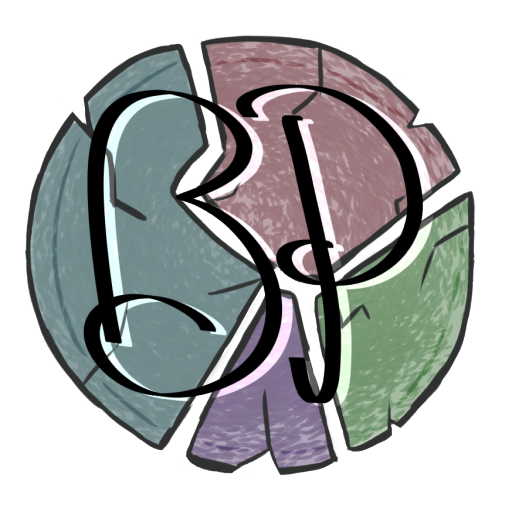The Broken Plate is a literary magazine that seeks to provide a platform for individual stories. Each individual has a story, and we live in a society that privileges certain stories over others. This is true, especially in the literary world. However, The Broken Plate seeks to combat this by amplifying voices with particular attention to the individual, identity, and consciousness within the human condition. We can connect on a deeper, almost spiritual level within literature and art by sharing the intimate details of our lives and opening up ourselves.
In particular, I love to read fiction to connect with stories and experiences outside of my own. I am especially drawn to fantasy and the ability of an author to explore important subjects within our society through a fantastical lens. I recently re-read The Mists of Avalon by Marion Zimmer Bradley. The story is well researched and set deeply within both epic and medieval styles. As a warning, the text does contain sexual abuse of children, incest, and death. Set in Arthurian legend, this epic fantasy details the stories and lives of the women behind the throne and legend, with particular attention paid to the life and becoming of Morgan le Fay, called Morgaine, in the book. While traditional lore reduces the female characters to hypersexual and antagonistic caricatures, The Mists of Avalon provides them dimension, conflict, and deep yearning.
The story begins with Morgaine’s mother, Igraine, coming to terms with her role in bearing the king that will squelch the conflict between the battling Pagan and Christian ideologies in order for Avalon to remain accessible to the world and people who do not follow Christ. While the women in this tale have their destiny pushed upon them and are suffocated by male dominance, they lash out with their power and strong will. Igraine, when understanding she must sleep with a man other than her husband to bear Arthur, refuses until she, of her own agency, understands the situation in its entirety through prophecy. Once she sees that her honor will not be undermined and she will remain faithful to Gorlois, she decides to enter into her role in saving her people. Igraine’s sister, Viviane, is a High Priestess who defies traditional female roles in the story’s society. Viviane is a powerful religious and political leader who bears children with many men and fosters them with other families. She cares about her people and her religion with great veracity, and in addition to fighting the Christian forces, she also fights her family’s perception of her as cold. She does not have a hyper-empathetic streak, as she does impart prophecy on others without the consideration of their feelings. Still, her very role highlights the power of women in this story.
Filled with complex characters, The Mists of Avalon has been a formative feminist text for many readers. However, upon researching this post, I found a story that deserves to be told that Zimmer Bradley hid beneath her fame. The author sexually abused her daughter, Moira Greyland. On the blog of Deirdre Saoirse Moen, Greyland allowed her story to be shared about her molestation at the hands of her mother. It is not my place to forgive the author for her actions, but it is my place to tell the whole story, and that story must include Moira Greyland.
Victims of sexual abuse do not deserve to be silenced underneath the fame and reputation of a renowned figure. I can appreciate her writing, but I cannot condone heinous actions such as this. I have to separate this novel that was pivotal to my spiritual experience and my experience as a woman from its author. Feminism and religious pluralism are key to my existence on this earth. However, there are far more texts by other authors that embody these concepts and deserve to be shared. Circe by Madeline Miller, for example, is a feminist retelling of the Odyssey from the perspective of the famous Greek witch Circe. I can claim the art and the story without claiming the author as parts of shaping my world view. Once the writer releases a work, they release a sense of ownership over it that transfers to the reader. I, as a reader, can hold onto the impact a work has left upon me. This raises a very important question to the writing and artistic community: How do we separate influence from writing and art from its creator? Can we? Should we? I encourage that discussion.
I want to thank Greyland for her courage in sharing her story. I want her to feel heard and that she is believed. In the #MeToo movement, we see how the power of sharing a single story, a story of hurt and fragility, allows us to come together, stronger now, as a community formed with intersectional parts.

